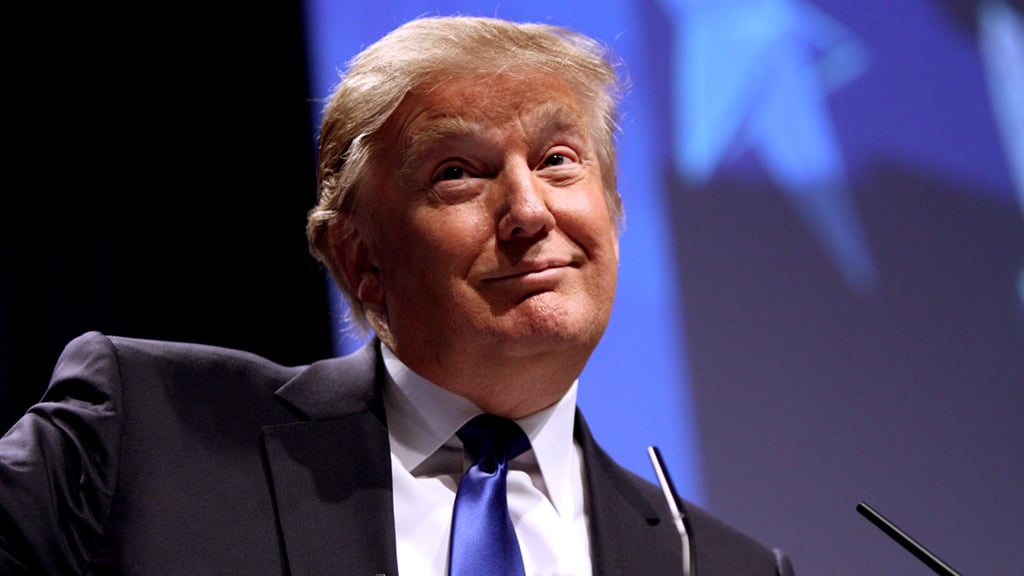President Trump‘s proposed budget could hammer the DC economy: “The cuts Trump plans to propose this week are also expected to lead to layoffs among federal workers, changes that would be felt sharply in the Washington area,” Damian Paletta wrote in the Washington Post. Moody’s Analytics economist Mark Zandi told Paletta the budget cuts, if enacted, would cause a local recession: “the reductions outlined so far by Trump’s advisers would reduce employment in the region by 1.8 percent and personal income by 3.5 percent, and lower home prices by 1.9 percent.”
Wrecking one of the nation’s best economies might really pump up resentful Trump voters in Real America and the DC-hating members of Congress who keep asking voters to send them back here. But the plan might have another benefit for Trump: A DC-area recession could conceivably take a chunk out of the press corps he despises, obsesses over, and craves.
Unfortunately, if this is Trump’s diabolical scheme, it will probably land on the wrong targets. A 2001 study by Robert G. Picard found that “advertising expenditures are typically a leading indicator, moving downward before the economy as a whole is affected.” The media meltdown that accompanied the Great Recession can’t be laid entirely at the door of car dealers and futon-store owners getting cold feet, because the housing crash happened around the same time that advertisers found cheaper ways to reach customers than print ads. To cite just one form of advertising, in 2009, Kris Dodd of the Chicago Reader told me that during the alt-weekly’s glory days, “You could buy a Lamborghini a week for what we made in classifieds.” After Craigslist and other free-classifieds options arrived, not so much.
There’s little doubt the downturn had some effect on those of us who work in the dishonest media. Just maybe not so much on those of us who work in TV, the president’s preferred delivery system for news. Picard’s study found that in previous downturns print media fared far worse than television: Advertising spending went down an average of 16 percent at magazines and newspapers during recession years; in TV it declined about 4 percent. Those figures aggregated data from national markets, though; it’s unlikely a local downturn would affect a international property like CNN that much.
The Washington Post, ostensibly a local publication, might not suffer either. It’s building a promising business selling content-management services to other publishers, reports that it’s profitable, and even if it wasn’t, its owner, Jeff Bezos, could paper over many years’ worth of losses without even feeling the merest pinch.
But smaller print publications, like the one you’re reading, may be hurt by Trump tanking the DC-area economy. (Terrible idea! Bad! Would you like to see a photo of my kids?) A downturn could knock local TV around, too. But Trump actually digs local TV. And there’s the inconvenient fact that the last few times a president tried to shrink the government, the DC area’s economy improved as, among other factors, contractors ended up performing the same work for greater costs.
Really, if he’s going to subscribe to my conspiracy theory and take down the media, the president will have no choice but to wreck the economy of the entire United States. Since CNN makes more from subscriptions than advertising, and international revenue was a bright spot in Time Warner’s year-end earnings report for 2016, he’ll probably want to wreck the world’s economy as well, just to make sure the message gets delivered.




















